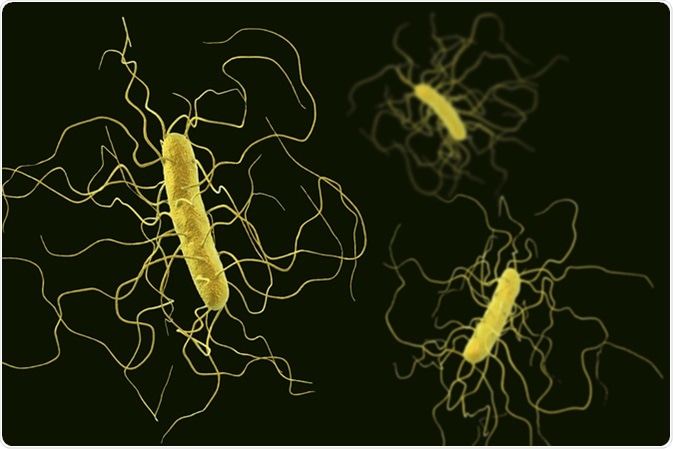

Heat shock with 63 and 71☌ enhanced germination in spores that otherwise would have remained dormant after an additional 7 h of incubation in BHI and 72 h in blood agar at 37☌ (here referred to as superdormant spores). Normalized paired differences (before and after BHI incubation). These spores can survive up to two years on inanimate objects and are spread via the fecal-oral route. (B) Spore germination relative to baseline. difficile enters a person’s body via ingestion of the spores (for more information on spore formation, go to General Characteristics). The panel for 85☌ shows immediate inhibition and subsequent increased cultivability. The highest and steepest dashed line (63☌) indicates immediate enhanced cultivability and subsequently increased spore germination. Linear equations and extended dashed lines represent average effects (slopes). (A) Line plots represent paired enumeration of heat-shocked and nonheated individual spore replicas. difficile spores determined by enumeration of ethanol-resistant cells before and after 7 h of incubation in BHI. difficile spores.Įffect of heat shock on immediate cultivability and subsequent germination of C. Heating at 85☌ markedly reduced spore recovery in all experiments (5 to 6 log(10) within 15 min of heating P 85☌ would be a simple and important intervention to reduce the risk of inadvertent ingestion of C. difficile spores from food and food animals were tested in multiple experiments. diff spore germination was discovered in 1982 at U-M, by a team led by Ken Wilson, M.D. Hanna notes that the bile salt connection to C. Fresh (1-week-old) and aged (≥20-week-old) C. diff spores have specialized to germinate in the gut environment, especially in the environment of the small intestine, where calcium and the bile salt injection from the liver comes in. There has also been a dramatic change in the epidemiology of. With the increasing rate of treatment failures and its ability to form spores, an alternative treatment for CDI has become a global priority. spores, requiring healthcare personn el to exclusively wash their hands when caring for patients with known. difficile spores and compared it to the effects at 71 and 63☌. In recent decades, the incidence of Clostridioides difficile infection (CDI) has remained high in both community and health-care settings. difficile, we quantified (D values) the effect of moist heat at 85☌ (145☏, for 0 to 30 min) on C. Spores are resistant to antibiotics, including those. Despite the importance of these developmental processes to the infection cycle of C. To determine the extent to which higher temperatures would be more effective at killing C. Spore germination is an important part of the pathogenesis of Clostridium difficile infection (CDI). Spore formation and germination are essential for the bacterial pathogen Clostridioides difficile to transmit infection. Clostridium difficile spores can survive extended heating at 71☌ (160☏), a minimum temperature commonly recommended for adequate cooking of meats.


 0 kommentar(er)
0 kommentar(er)
